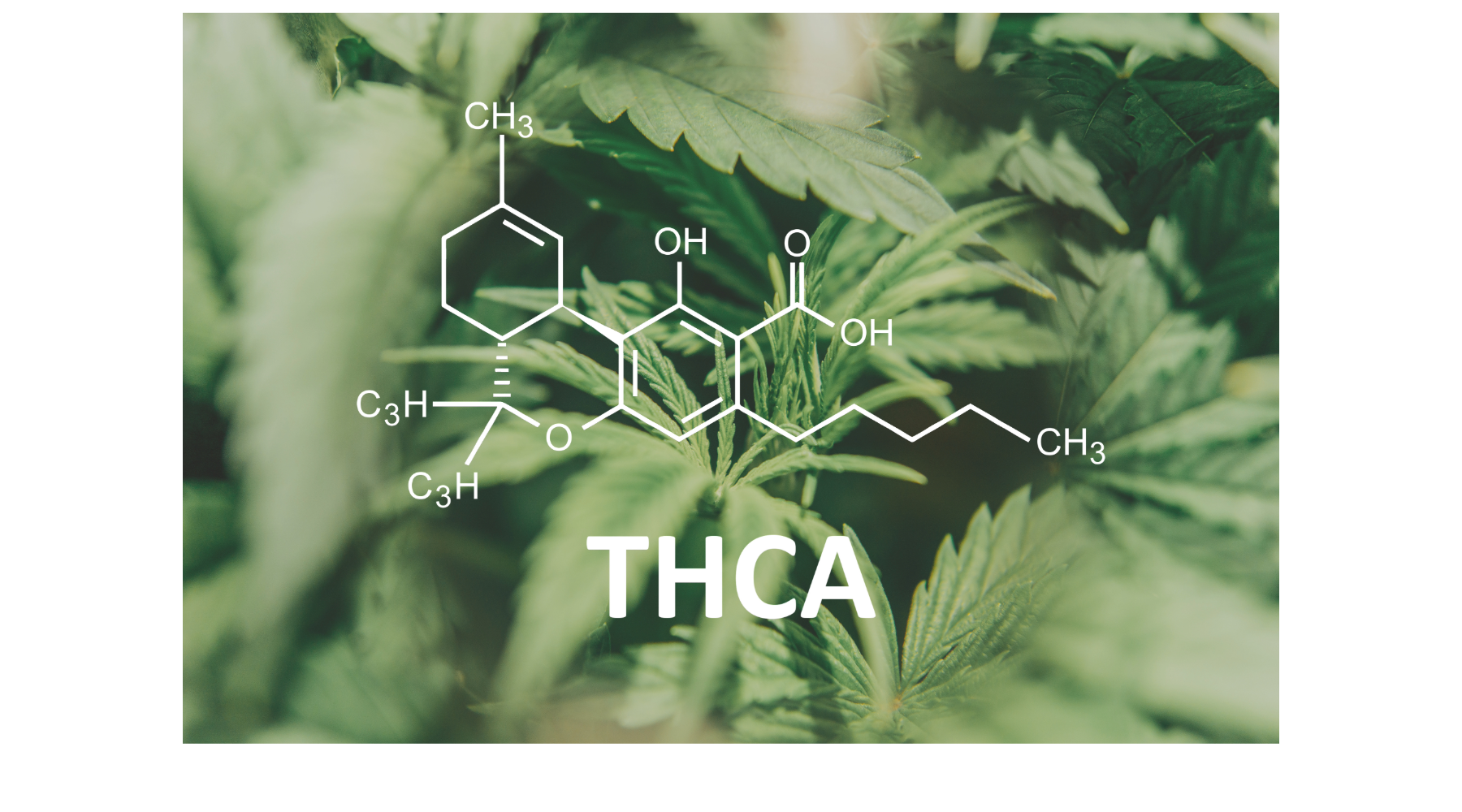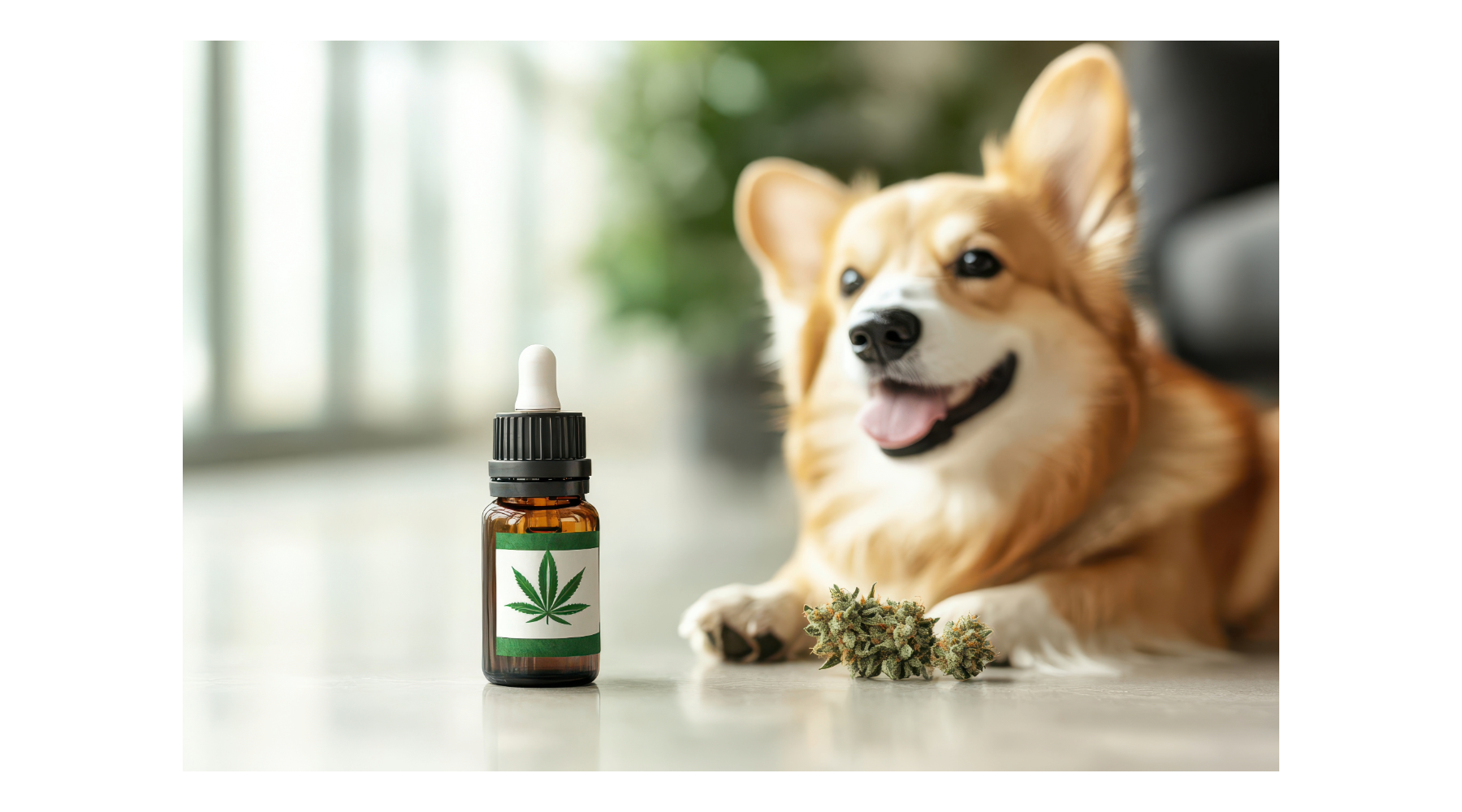Understanding the Differences Between THCa and THCp
The cannabis plant contains a variety of compounds known as cannabinoids, each with its own set of effects on the body. When it comes to cannabis, most people are familiar with THC (tetrahydrocannabinol), the compound responsible for the "high" sensation. However, there are lesser-known cannabinoids that are emerging in the cannabis world, two of which have been gaining significant attention: THCa (tetrahydrocannabinolic acid) and THCp (tetrahydrocannabiphorol).
Though they may sound similar at first, THCa and THCp are distinct compounds with different properties and effects. Let's dive into what sets them apart.
What is THCa?
THCa is the acidic precursor to THC. It's the non-psychoactive form of THC found in raw cannabis plants. THCa doesn't produce the same intoxicating effects as THC because it hasn't undergone decarboxylation—a chemical reaction that occurs when cannabis is heated (e.g., by smoking, vaping, or cooking).
In its raw form, THCa is typically found in fresh, unheated cannabis and has garnered interest for its potential therapeutic properties. It's believed to offer anti-inflammatory, neuroprotective, and antiemetic (anti-nausea) benefits, though more research is needed to confirm these claims.
Once THCa is heated or decarboxylated, it transforms into THC, the compound responsible for the psychoactive effects commonly associated with cannabis use. This transformation is why you don’t experience a "high" when consuming raw cannabis but do when consuming cannabis that's been properly prepared or smoked.
What is THCp?
THCp, on the other hand, is a recently discovered cannabinoid that is much less common than its better-known relatives, like THC and CBD. It was first identified in 2019 by a team of Italian researchers, who noted that it shares a similar structure with THC but with a longer alkyl side chain.
This difference in structure may play a key role in its potency. THCp is thought to be up to 30 times more potent than THC when it comes to binding to CB1 receptors in the brain. This suggests that THCp could potentially produce stronger effects, even at lower doses. While research on THCp is still in its infancy, early studies suggest it could contribute to more intense psychoactive experiences, particularly when combined with THC.
Key Differences Between THCa and THCp
-
Chemical Structure:
- THCa: A precursor to THC that contains an extra carboxyl group, which prevents it from being psychoactive.
- THCp: A recently discovered cannabinoid with a longer alkyl side chain than THC, making it potentially much stronger in its effects.
-
Psychoactive Effects:
- THCa: Non-psychoactive in its raw form, it requires heating or decarboxylation to convert into THC, which can then produce the "high" people associate with cannabis.
- THCp: Psychoactive, and due to its stronger binding affinity for CB1 receptors, it might induce more potent effects even at lower doses compared to THC.
-
Presence in Cannabis:
- THCa: Found in high concentrations in fresh, raw cannabis plants before they undergo heating.
- THCp: A rare cannabinoid, usually present in trace amounts in cannabis strains, and not commonly found in large quantities.
-
Therapeutic Potential:
- THCa: Although non-psychoactive, THCa may have therapeutic benefits, such as anti-inflammatory and anti-nausea properties. More research is needed to explore its full range of potential medical uses.
- THCp: While much less is known about THCp's medicinal benefits, early research suggests it may have similar therapeutic properties to THC but with potentially stronger effects.
Which One is Better for You?
When deciding between THCa and THCp, it's important to consider your individual needs and goals:
- If you want non-psychoactive relief, THCa could be the better option. It's useful for individuals who are looking for the potential therapeutic effects of cannabis without the high.
- If you're looking for a potent, psychoactive experience, THCp might be more your speed. Because it's potentially 30 times more potent than THC, it may offer stronger effects at lower doses, making it appealing for those seeking a more intense cannabis experience.
In conclusion,
Though THCa and THCp may seem similar at first glance, they are distinct cannabinoids with different properties. THCa is a non-psychoactive compound found in raw cannabis that transforms into THC when heated, offering potential therapeutic benefits without the high. THCp, on the other hand, is a recently discovered, highly potent cannabinoid that binds strongly to the brain’s CB1 receptors and is believed to be much more powerful than THC.
As cannabis research continues to grow, we can expect to learn more about the unique properties and potential uses of these and other cannabinoids. Until then, understanding the differences between THCa and THCp can help you make more informed decisions about your cannabis consumption.
































